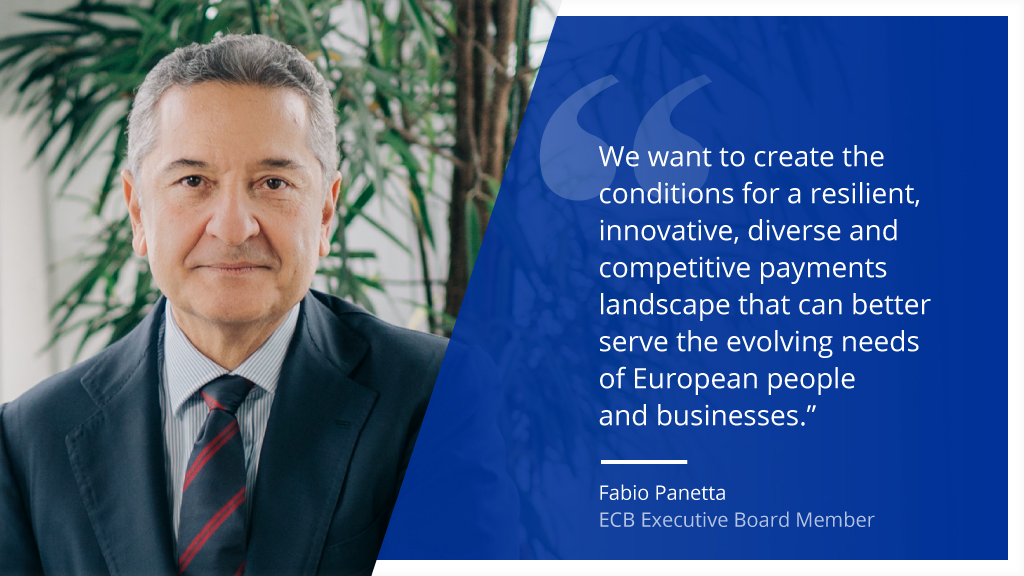
(THREAD) The recent volatility of inflation can be largely attributed to the nature of the pandemic shock, writes Chief Economist Philip R. Lane on #TheECBBlog.
Read his blog post ecb.europa.eu/press/blog/dat… 1/3
Read his blog post ecb.europa.eu/press/blog/dat… 1/3

Lane: The increase in inflation during 2021 can be best interpreted as the unwinding of disinflationary forces that took hold in 2020. It does not constitute the basis for a sustained shift in inflation dynamics 2/3
Lane: Offsetting the negative shock to inflation is only the first stage of the monetary policy challenge. Even after disinflationary pressures have been sufficiently offset, we will have to ensure timely and robust convergence to our inflation aim over the medium term. 3/3
• • •
Missing some Tweet in this thread? You can try to
force a refresh






